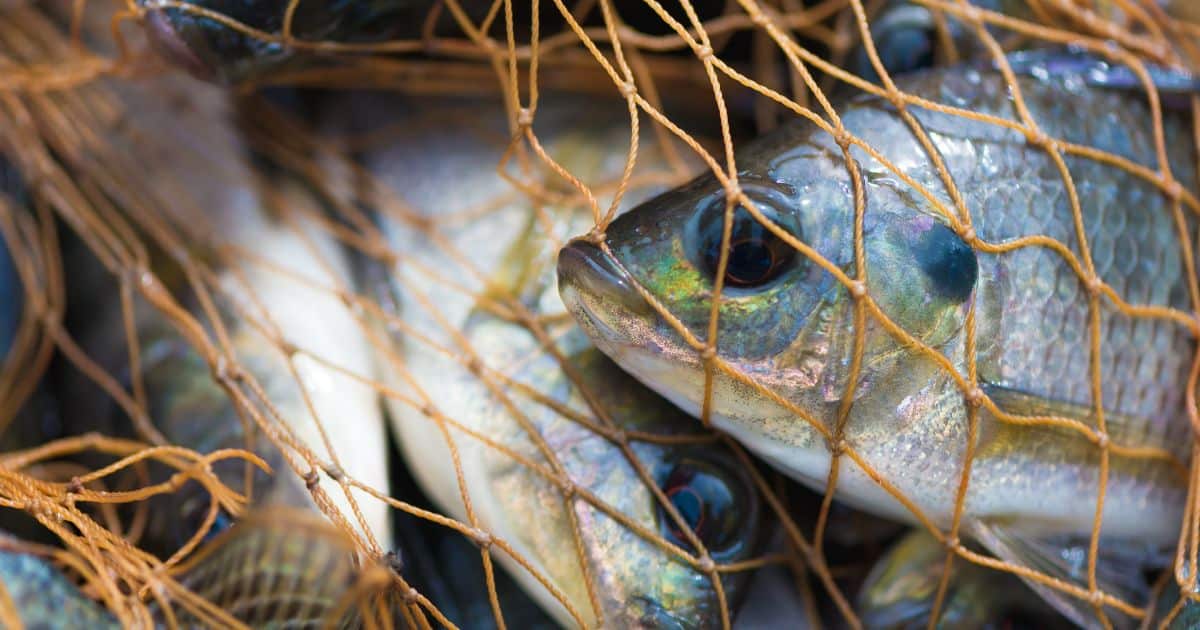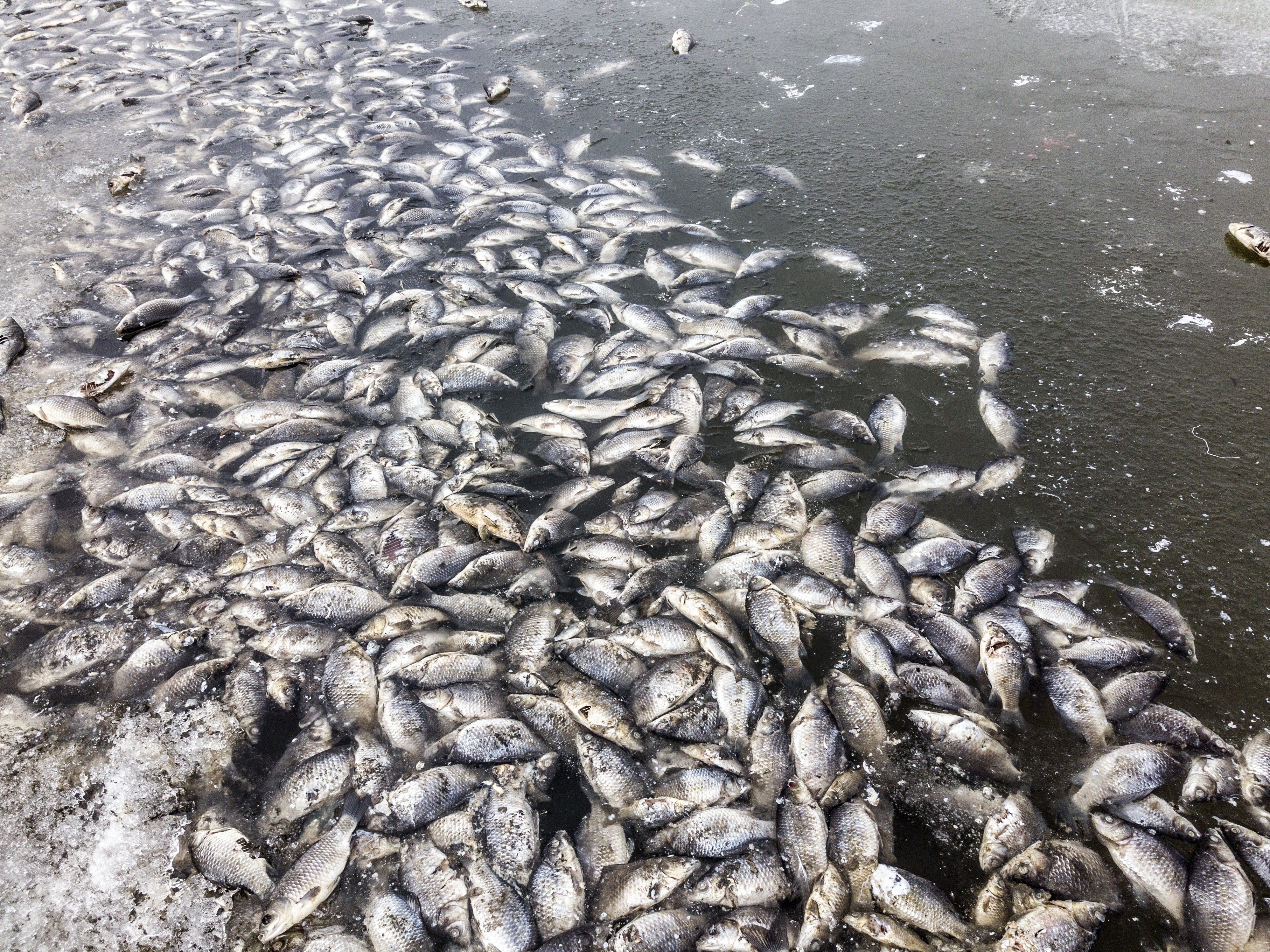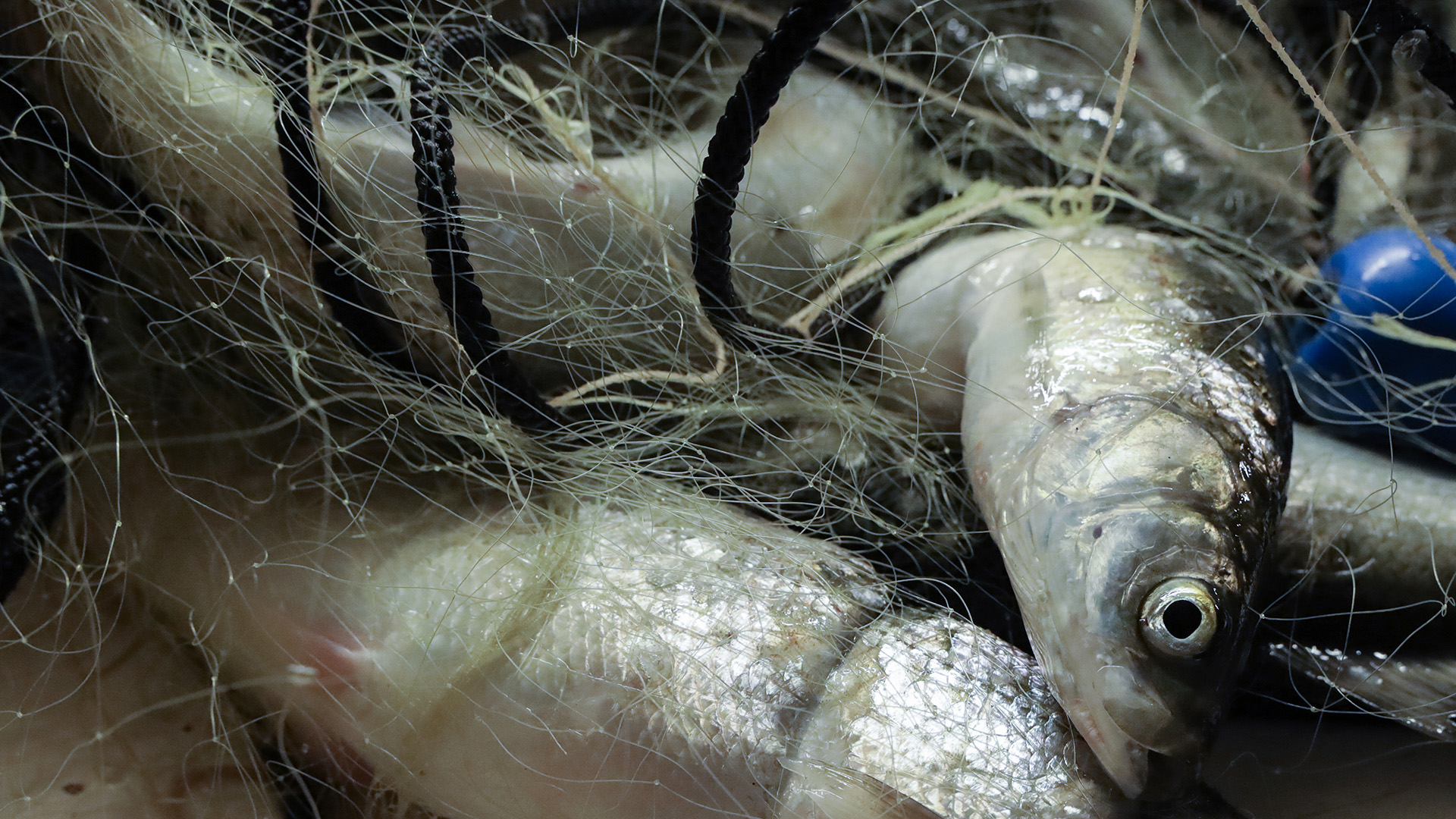Conservation efforts have brought back an endangered species of fish in the Amazon : NPR

The pirarucu, the giant fish of the Amazon, was an endangered species. Because of to conservation attempts, it’s generating a comeback.
SARAH MCCAMMON, HOST:
Now a big fish story – very seriously. In the Amazon jungle, there is a species of big freshwater fish. The pirarucu is prized for its meat and specific by unlawful fishermen, and it had develop into an endangered species. But as John Otis reviews, this lunker is creating a comeback.
(SOUNDBITE OF Drinking water SWOOSHING)
JOHN OTIS, BYLINE: Right here along the Amazon River in northern Brazil, you really don’t require a fish finder to track down the pirarucu. These are air-respiration fish that need to increase to the surface area every single 15 minutes or so to gulp oxygen.
We’ve got 9 fishing boats in this article. They’ve witnessed various pirarucu bounce out of the h2o. So they’re heading to unfold the nets here.
Promptly paddling their boats, these fishermen lay down their nets in a huge circle to trap the fish.
Appears like they have caught just one. Yep, it is really in the internet.
But the struggle is not but above. Pirarucu grow approximately 10 toes extended and weigh up to 450 pounds. Their violent thrashing could injure everyone hoping to land them.
Unknown FISHERMAN #1: (Speaking Portuguese).
OTIS: So the fishermen vacation resort to what appears like “Flintstones” technologies. They use wood golf equipment to knock the fish senseless.
(SOUNDBITE OF FISH CLUB LANDING)
OTIS: This a single weighs about 170 pounds. And after some struggle, they pull it into the boat. It appears to be prehistoric with a gaping mouth, reddish scales and a rudimentary rounded tail like an eel. The fishermen are fatigued, but delighted.
AILTON BRUNO: (Talking Portuguese).
OTIS: “These days is a excellent working day. We have presently caught eight fish,” states their boat captain, Ailton Bruno. Catching them employed to be a good deal more durable. In the 1990s, overfishing brought on the pirarucu to practically vanish from some sections of the Amazon, states Edivan Ferreira, who life in the riverside village of Boa Vista do Calafati.
EDIVAN FERREIRA: (Talking Portuguese).
OTIS: He remembers his father fishing for five days and coming dwelling with a solitary pirarucu. But now, he states, the fish are flourishing. That is for the reason that Boa Vista sits inside a mother nature reserve referred to as Mamiraua, exactly where communities practice sustainable fishing.
Unidentified FISHERMAN #2: (Talking Portuguese).
OTIS: Here’s how it performs. Very first, fishermen rely the quantity of pirarucu in close by lakes and rivers by seeing them leap out of the drinking water. Right after reporting these numbers to environmental officials, they are allowed to capture 30{95221ed7c1b18b55d17ae0bef2e0eaa704ccc2431c5b12f9d786c88d1acb538d} for the duration of a fishing year that lasts just a pair of months. The fish are tagged so prospective buyers will know they were being caught lawfully.
ANA CLAUDIA TORRES: (Speaking Portuguese).
OTIS: The consequence, says Ana Claudia Torres, who operates the sustainable fishing program in the reserve, is that the pirarucu populace has recovered with a tenfold maximize alongside some parts of the Amazon. Nevertheless, outside the house of mother nature reserves, illegal fishing continues to be a big trouble, 1 that is generally financed by drug traffickers.
TORRES: (Speaking Portuguese).
OTIS: Torres states smugglers generally hide cocaine aboard fishing boats and use the fishing organization to launder their drug revenue. The concern created headlines in June. That’s when British journalist Dom Phillips and Brazilian environmentalist Bruno Pereira, who ended up investigating unlawful fishing in the Amazon, have been shot lifeless by a poacher.
TORRES: (Talking Portuguese).
OTIS: Torres claims the killings stunned several Brazilian environmentalists who anxiety they could be future. Even now, she’s decided to push forward due to the fact the sustainable fishing program is functioning.
Unidentified FISHERMAN #3: (Talking Portuguese).
(SOUNDBITE OF SPLASH)
OTIS: Every single pirarucu caught in the Mamiraua reserve sells for about $100. That is a enormous strengthen for riverside communities that get by in the course of the relaxation of the year on subsistence farming. Even now, they have to transfer quickly.
BRUNO: (Talking Portuguese).
OTIS: Bruno, our boat captain, states they will need to get the fish out of the tropical heat and ready for shipment inside a few hours. Usually, the meat will start off to spoil.
(SOUNDBITE OF BRUSHES SCRUBBING)
OTIS: At this just one-room processing plant on the river, workers gut the pirarucus and wash their insides with scrub brushes. Then the fish are place aboard cargo boats.
Now the fish are down in the storage hold of the boat, and the personnel are throwing buckets of ice above the fish to continue to keep them cold for the journey down river so they can get to industry.
Their remaining destination is the Amazonian money of Manaus, wherever the fish are a incredibly hot merchandise. Without a doubt, virtually all of the pirarucu conclude up on the plates of diners in Brazilian eating places. For NPR Information, I am John Otis in the Amazon River, Brazil.
Copyright © 2022 NPR. All legal rights reserved. Take a look at our site conditions of use and permissions web pages at www.npr.org for even further information and facts.
NPR transcripts are established on a rush deadline by an NPR contractor. This text may perhaps not be in its final sort and may possibly be current or revised in the future. Accuracy and availability might range. The authoritative record of NPR’s programming is the audio record.







